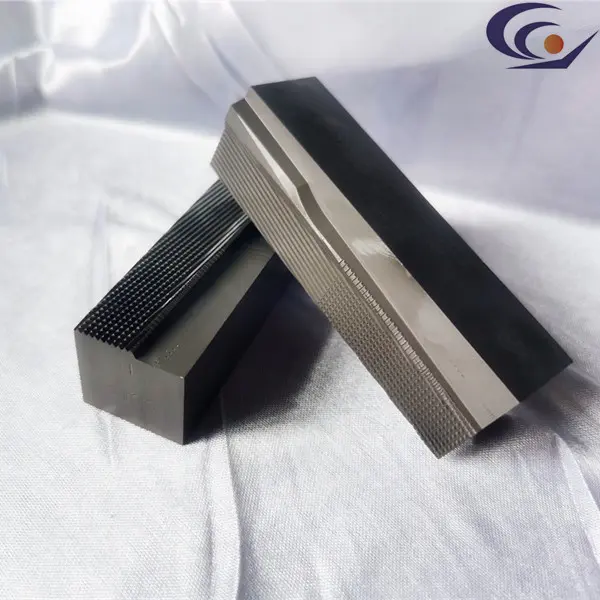Introduce:
In manufacturing and engineering, screw mould has become a cornerstone technology that has revolutionized the way a wide variety of products are constructed. From the automotive industry to household appliances, screw mould plays a vital role in the manufacture of durable and fully functional components. In this blog post, we’ll dive into the intricacies of screw mould, exploring the process, its applications, benefits, and why it’s a highly sought-after manufacturing method.
Learn about screw mould:
Screw molding, also known as injection molding, is a manufacturing process that uses a screw-like mechanism to inject molten material into a mold cavity. The technology enables precise shaping and shaping of complex parts, ensuring consistency and high quality of the final product. The molds used in this process are carefully designed to produce the desired shape, taking into account various factors such as material properties, part geometry and manufacturing feasibility.
Applications of screw mould:
The applications of screw mould are wide and varied, covering the automotive, aerospace, medical device, consumer electronics and other industries. From making automotive dashboards and door handles to producing complex components for aero engines, screw mould is critical to speeding up production processes and ensuring product reliability.
Advantages of screw mould:
1. Cost-effective manufacturing: screw mould enables mass production of parts, which significantly reduces unit costs. The process is efficient and time-saving, enabling manufacturers to meet stringent deadlines and meet market demands.
2. Superior Precision and Accuracy: screw mould ensures consistent and accurate reproduction of complex designs even in high volume production. This ability to create complex shapes and intricate details is precisely what makes it an indispensable technology for industries that demand high quality and precision.
3. Versatility in material selection: Screw molding is suitable for a wide range of materials, including various polymers, metals, and even composite materials. This versatility allows manufacturers to choose the material best suited for a specific application, improving the overall performance and durability of the final product.
4. Reduce waste and environmental impact: With screw molding, material waste can be minimized due to the precise control of the injection process. This, combined with the recyclability of many materials used in injection molding, contributes to a greener manufacturing process than other technologies.
In conclusion:
screw mould has undoubtedly shaped the way manufacturers produce products, revolutionizing industries across the globe. Its efficiency, precision and versatility make it the quintessential technology for producing complex parts of consistent and high quality. Whether supplying critical components for automobiles or enabling breakthrough innovations in medical devices, screw mould has proven its worth time and time again. As technology advances, we can only expect further refinements and innovations in this transformative manufacturing method.
Post time: Aug-04-2023



